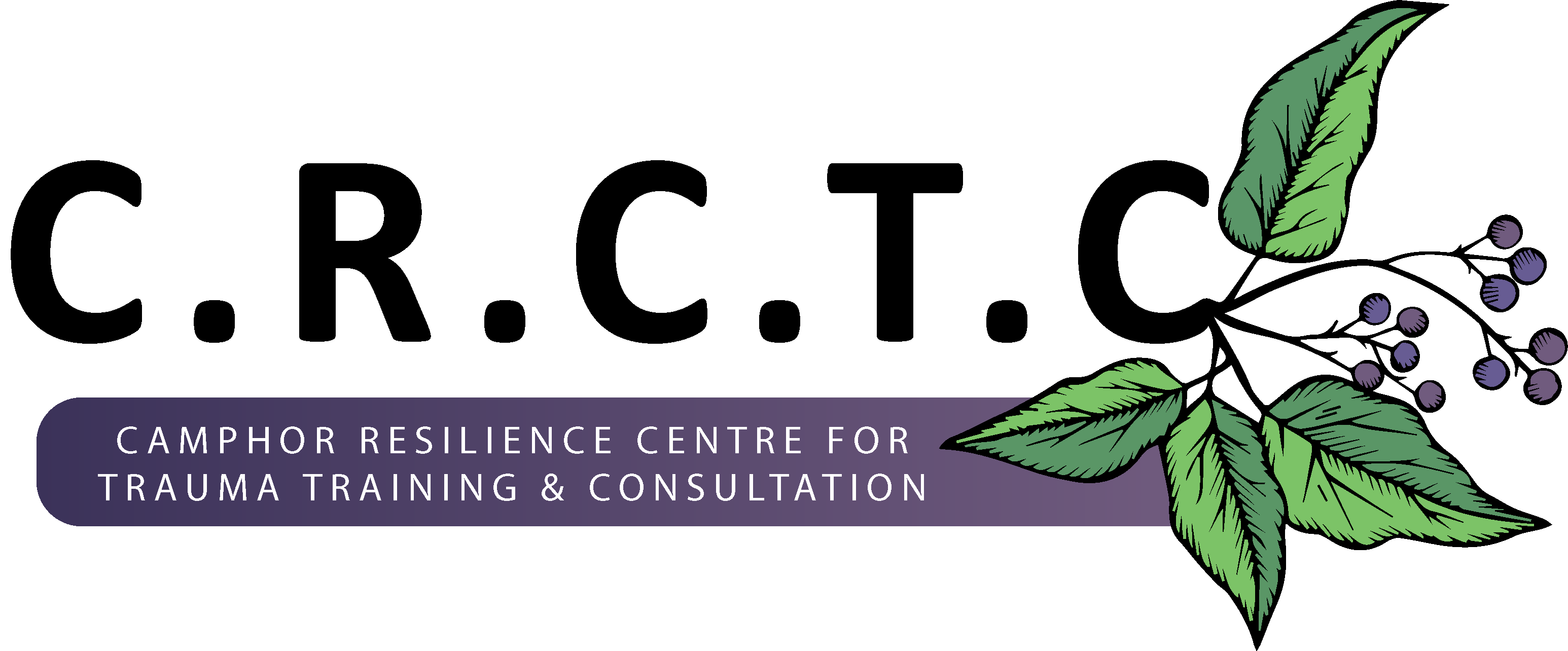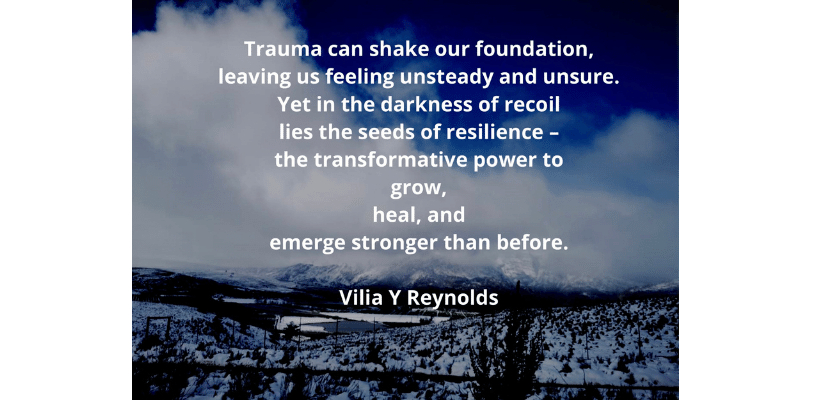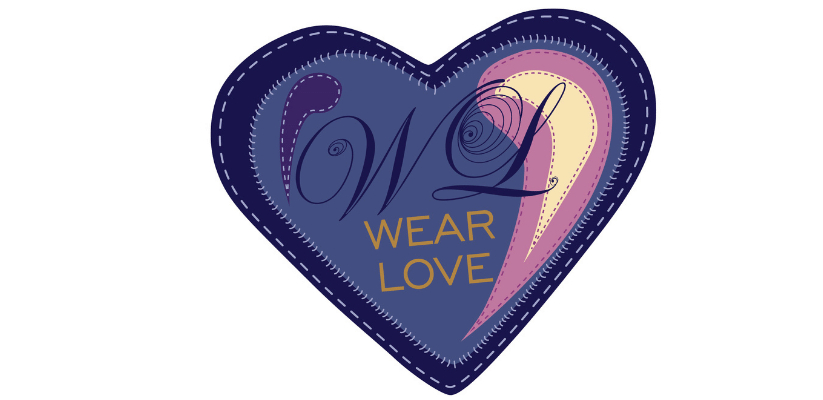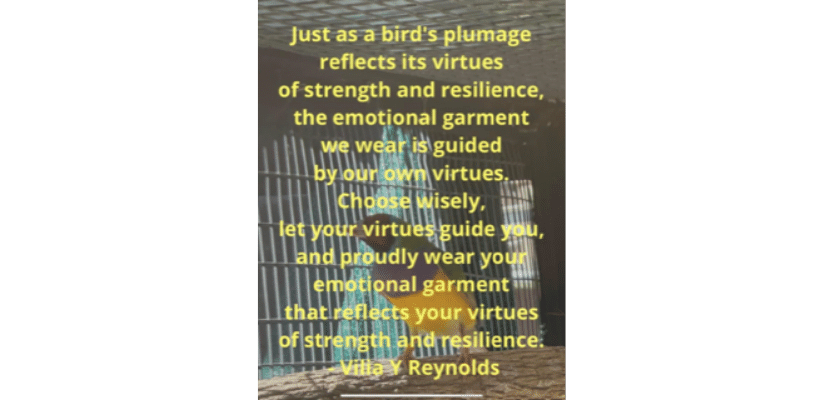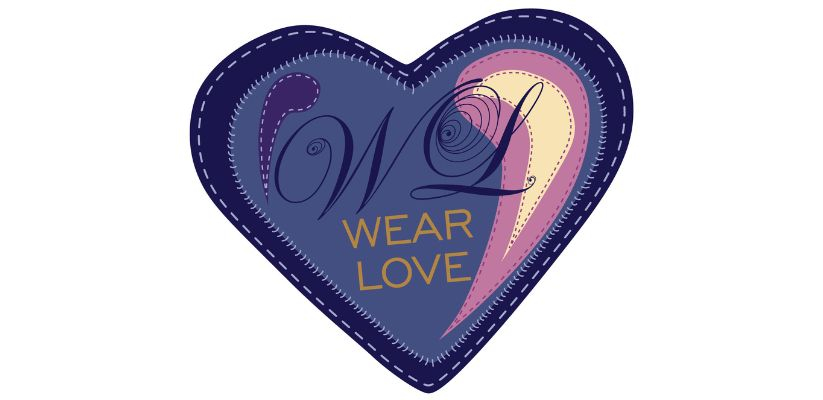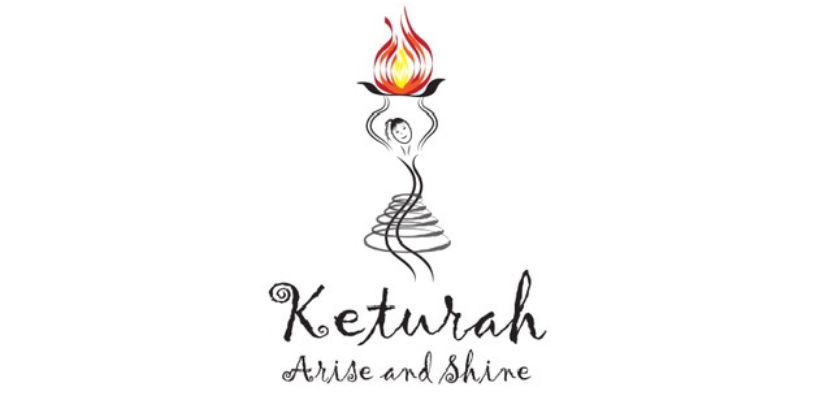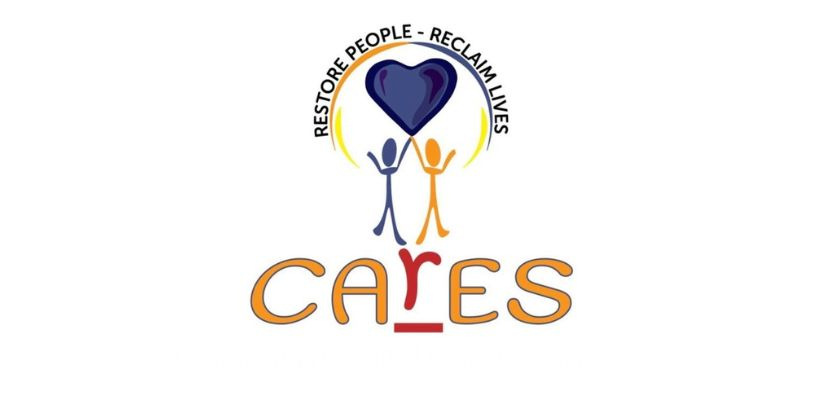An article on Recoil and Resilience: How to Overcome Trauma and Build Inner Strength – Vilia Y Reynolds
Trauma can be a devastating experience, leaving individuals feeling helpless, overwhelmed, and struggling to cope. Although everyone's response to trauma is unique, common reactions include anxiety, depression, emotional numbness, and difficulty sleeping. However, despite the challenges trauma presents, it is possible to recover, heal, and build resilience.
One critical component of overcoming trauma is understanding the impact of "recoil." Recoil is a natural reaction to trauma whereby the individual attempts to avoid painful memories and emotions by suppressing them. While this may lead to short-term relief, prolonged use of this coping mechanism can lead to significant problems. The energy required to suppress emotions and memories is enormous, and over time, it can lead to physical exhaustion, further emotional breakdowns, and the potential for chronic health problems.
Learning to reframe the experience and begin seeing it as an opportunity for growth and personal development is essential to build resilience in the aftermath of trauma. Although this may seem complex, many individuals who have overcome trauma found that the experience allowed them to discover inner strength and resilience that they never knew.
To build resilience, developing a concrete plan that includes healthy coping strategies, such as engaging in regular exercise, focusing on healthy eating habits, and finding ways to enhance relaxation and self-care, is essential. Writing down your thoughts and feelings in a journal or speaking with a therapist are also effective ways to process emotions and gain clarity on the situation.
In addition, connecting with a supportive network of family and friends is critically important. Supportive relationships can serve as a buffer against negative emotions and provide a sense of validation, understanding, and empathy.
Finally, it's important to remember that resilience is not a one-size-fits-all solution. Each individual's recovery journey is unique, and the path to healing may require a combination of different approaches. The key is to stay focused on building inner strength and recognise that recovery is a marathon, not a sprint.
In conclusion, resilience and recoil are two essential components of trauma recovery. By understanding recoil and developing healthy coping strategies and supportive relationships, it's possible to overcome trauma and build deep inner strength and resilience. Although the journey will be challenging, with perseverance and determination, individuals can emerge more assertive on the other side.
